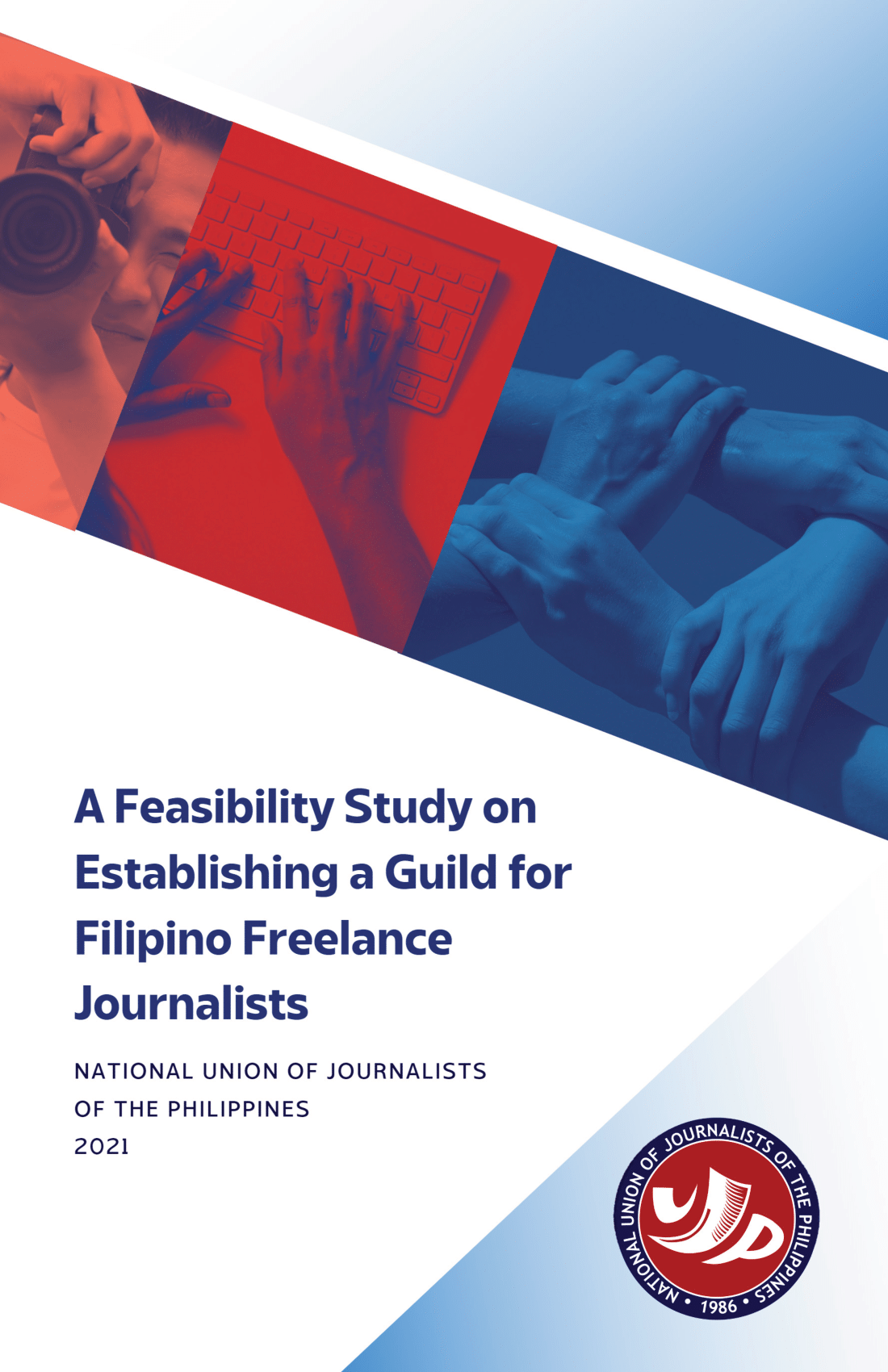A Feasibility Study on Establishing a Guild for Filipino Freelance Journalists
A labor shift is happening in the Philippines right now.
Freelancing, or the “gig economy”, as it is also commonly called, has been on the steady rise in the country, with more individuals opting out of the unforgiving 9-5 work schedule that Filipinos have grown accustomed to, and, instead, choosing to work at their own pace and environment.
Ina 2018 report, global payment app PayPal said that the Philippines has around 1.5 million freelancers. The company also stated that one in five Filipino workers would be freelancing in 2020.
With the Covid-19 outbreak, independent work seems to have become a more viable mode of employment for many, with freelance workers emerging in various industries such as administrative work, content creation, and web and graphic design.
It cannot be denied that the unconventional nature of this new economy has given Filipinos more options and opportunities in making a living. But it also comes with its own set of problems — delayed or nonpayment of fees, zero social protections, and exploitation due to “contractless” transactions — which only lead to an overall culture of exploitation.
And that a collective body focused only on freelance journalists and media workers’ rights does not exist in the Philippines make working conditions more perilous for these individuals.
To address this organizational lack, the National Union of Journalists of the Philippines (NUJP), with support from the International Federation of Journalists (IFJ), has launched this study — a first in-depth look into the state of freelance journalism in the Philippines — to assess the possibility of establishing a guild that will cater exclusively to freelancers in the field of journalism.

